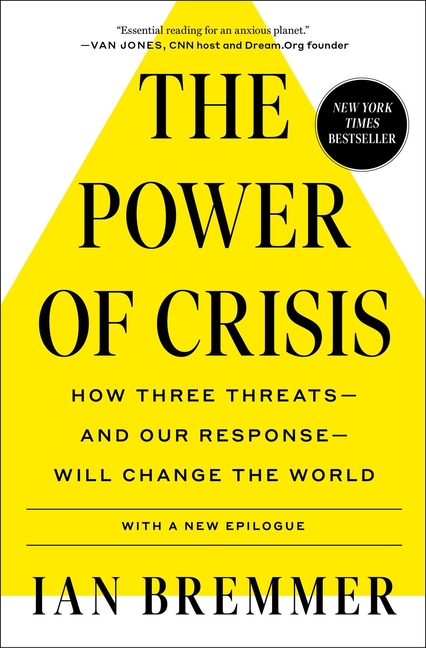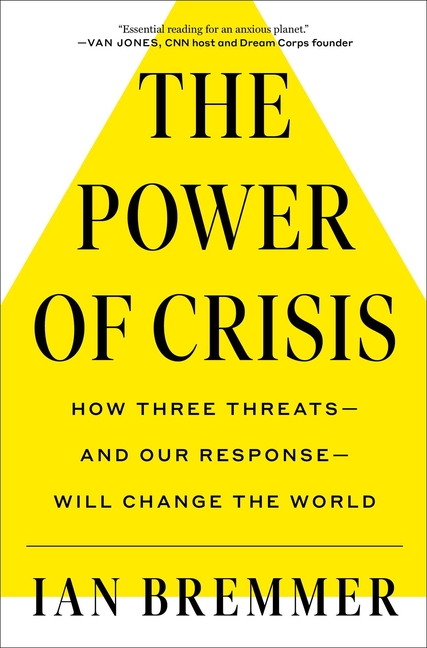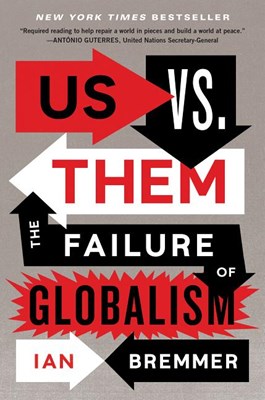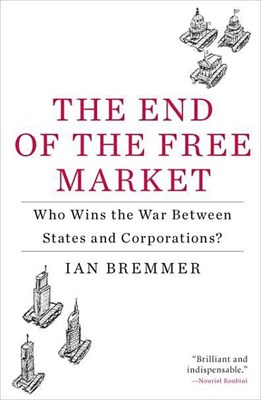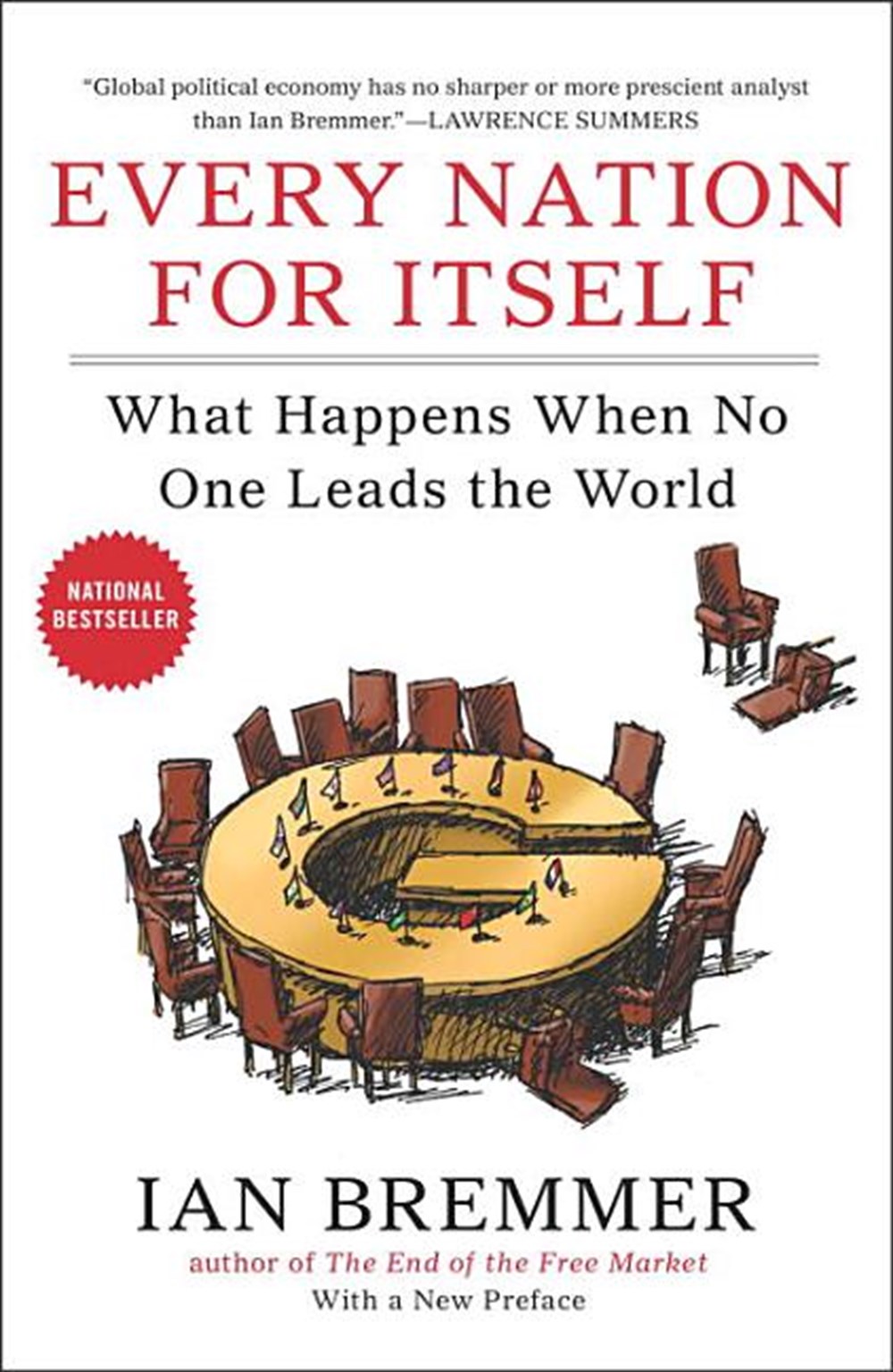
Every Nation for Itself: What Happens When No One Leads the World
| Quantity | Price | Discount |
|---|---|---|
| List Price | $17.00 | |
| 1 - 24 | $14.45 | 15% |
| 25 - 99 | $10.54 | 38% |
| 100 - 249 | $10.20 | 40% |
| 250 - 499 | $9.86 | 42% |
| 500 + | $9.69 | 43% |
$17.00
Book Information
| Publisher: | Portfolio |
|---|---|
| Publish Date: | 04/30/2013 |
| Pages: | 240 |
| ISBN-13: | 9781591846208 |
| ISBN-10: | 159184620X |
| Language: | English |
What We're Saying
One of the real stand-out successes in business books of 2010 was Ian Bremmer's The End of the Free Market. It stood out because it wasn't a typical business book—it seemed like something more likely to come out of Foreign Affairs than Portfolio—and there wasn't much precedent for a book of its type being a big commercial hit in the genre. His previous book, The J Curve: A New Way to Understand Why Nations Rise and Fall was a critical success, selected by The Economist as one of the best books of 2006, and got him on some of the cable talk shows, but The End of the Free Market turned into a national bestseller. READ FULL DESCRIPTION
Full Description
A world order in which no single country or durable alliance of countries can meet the challenges of global leadership. What happens when the G20 doesn't work and the G7 is history. If the worst threatened--a rogue nuclear state, a major health crisis, the collapse of the global financial system--where would the world look for leadership? For the first time in seven decades, there is no single power or alliance of powers ready to take on the challenges of global leadership. A generation ago, the United States, Europe, and Japan were the world's powerhouses, the free-market democra-cies that propelled the global economy forward. But today, they struggle just to find their footing. Acclaimed geopolitical analyst Ian Bremmer argues that this leadership vacuum is here to stay, as power is regionalized instead of globalized. Now that so many challenges transcend borders--from the stability of the global economy and climate change to cyber-attacks and terrorism--the need for international cooperation has never been greater.



